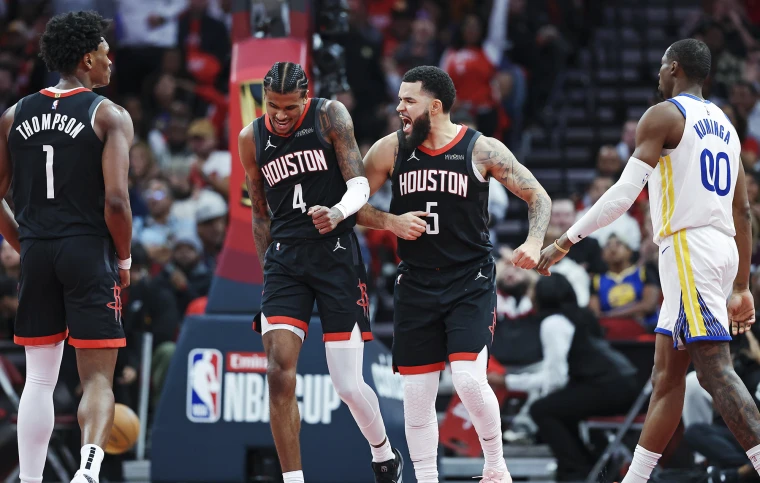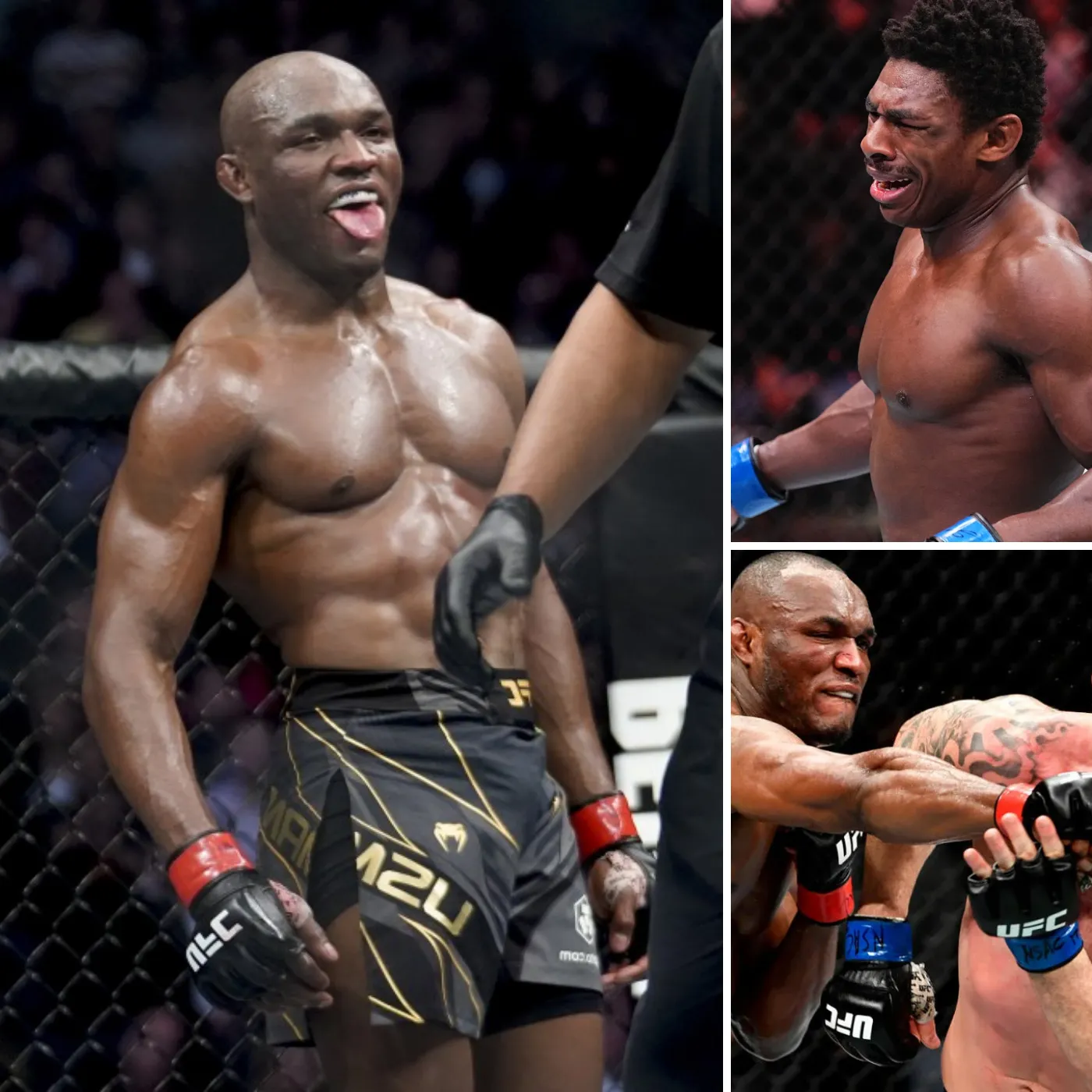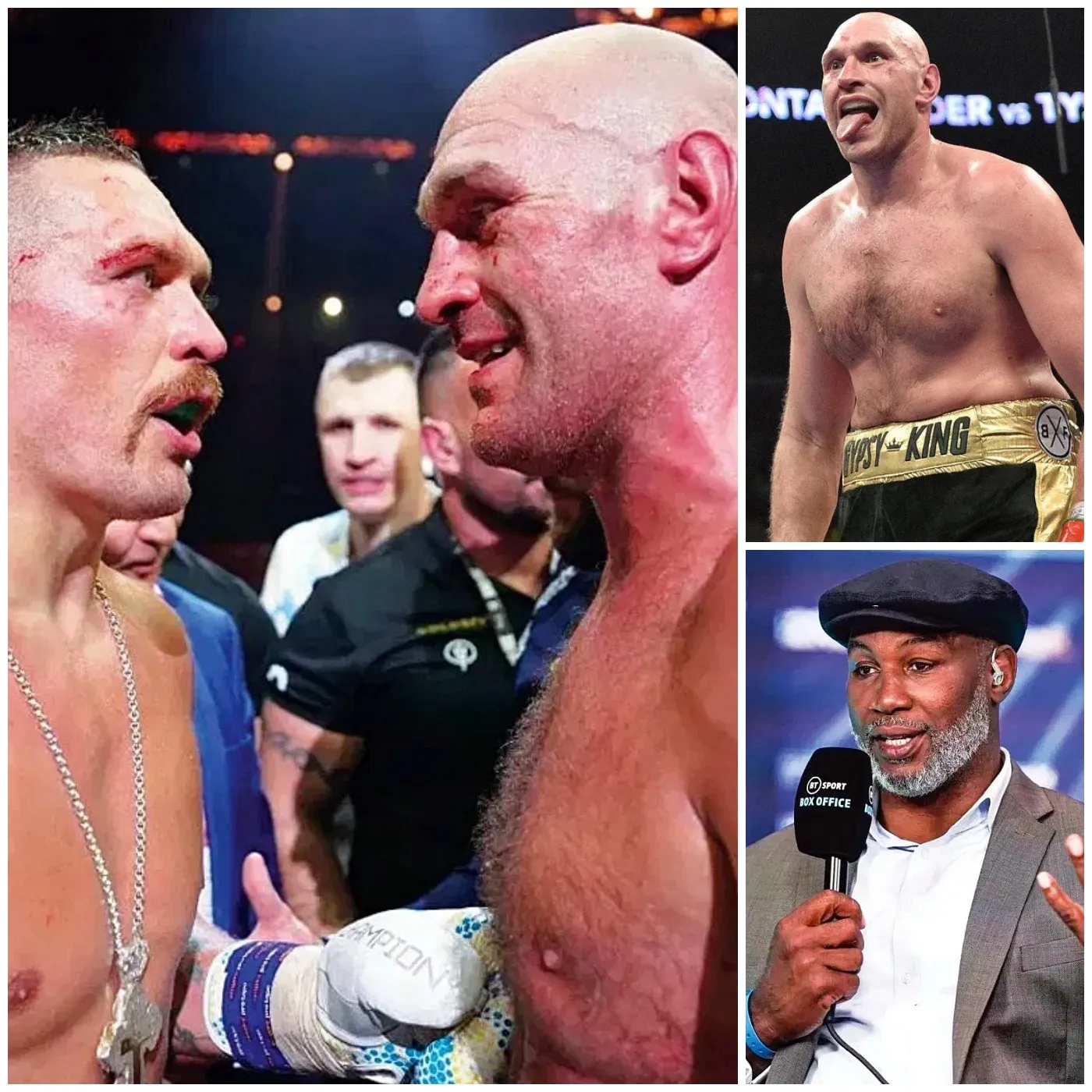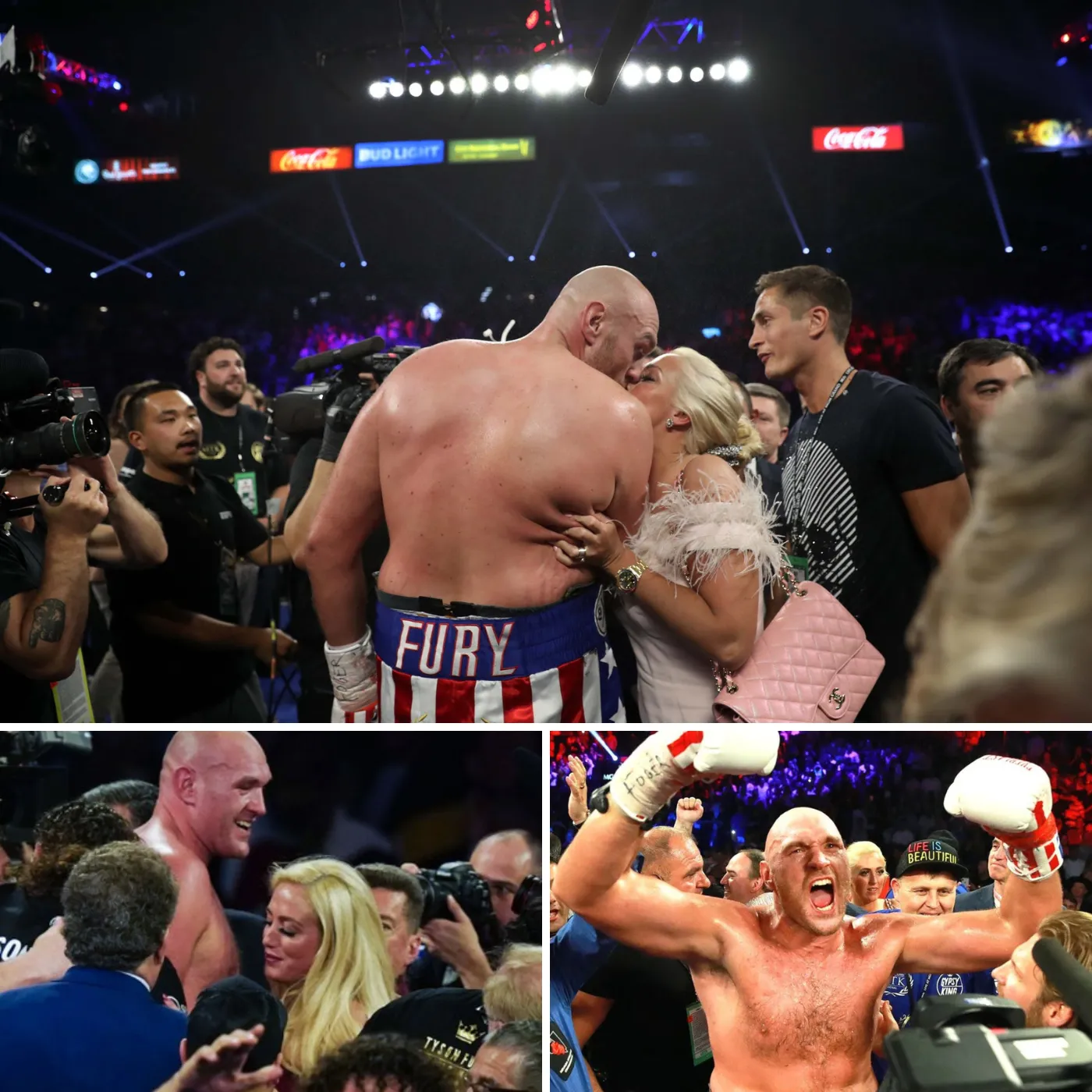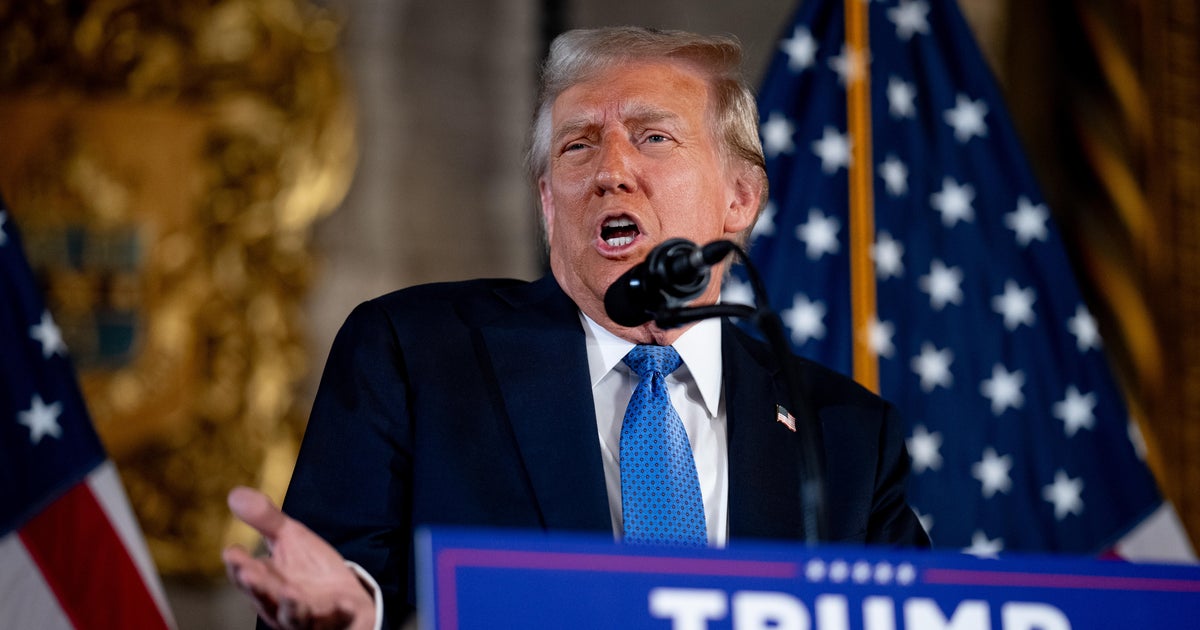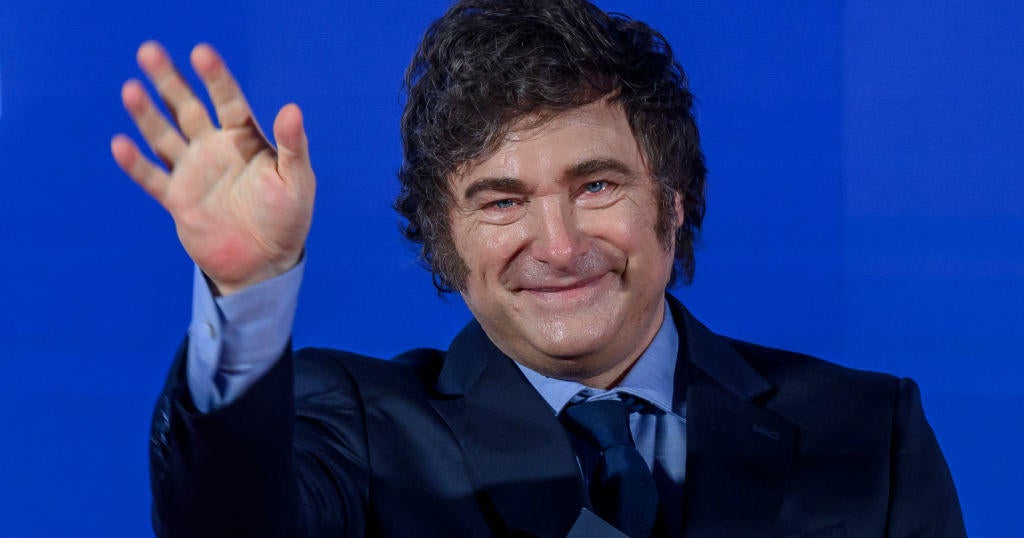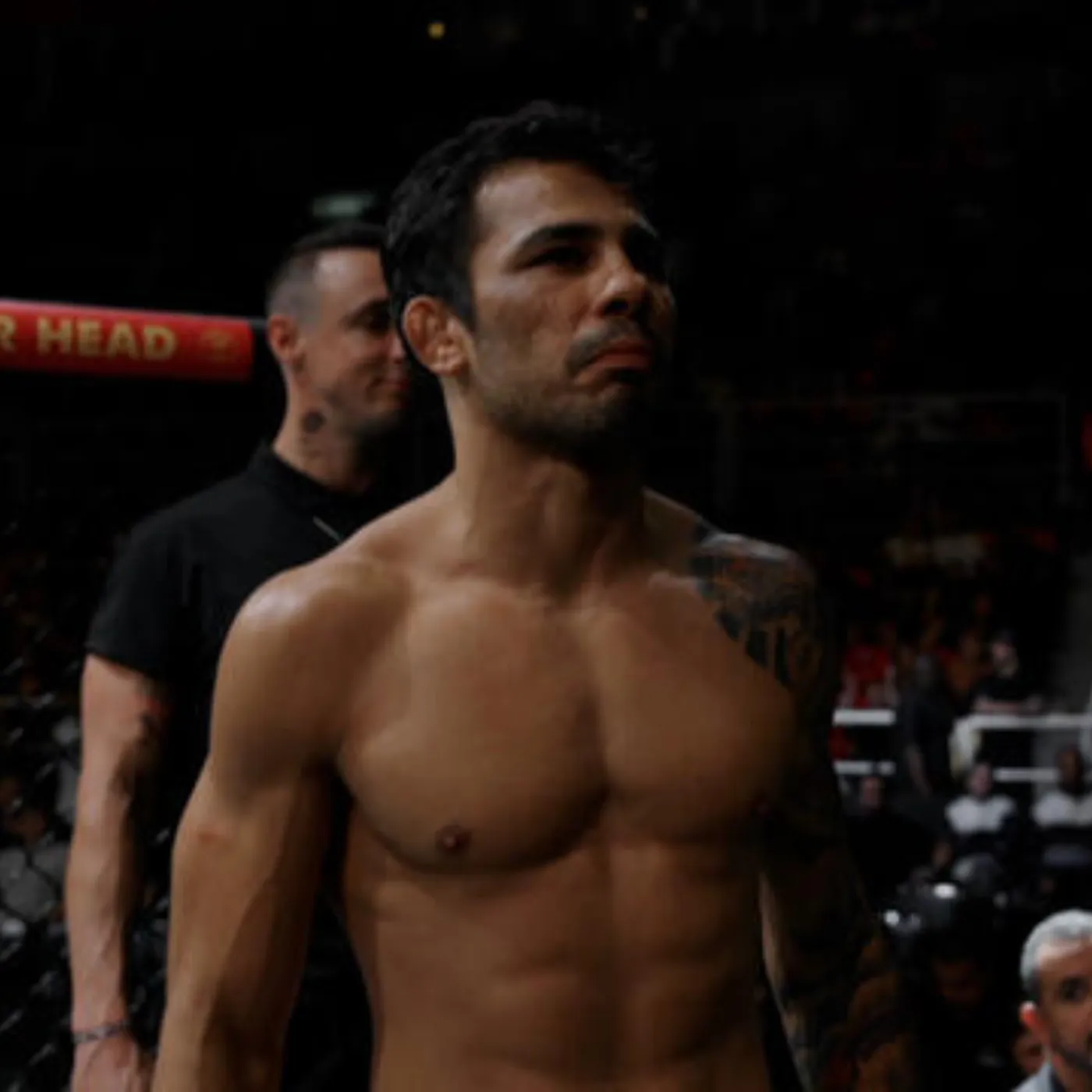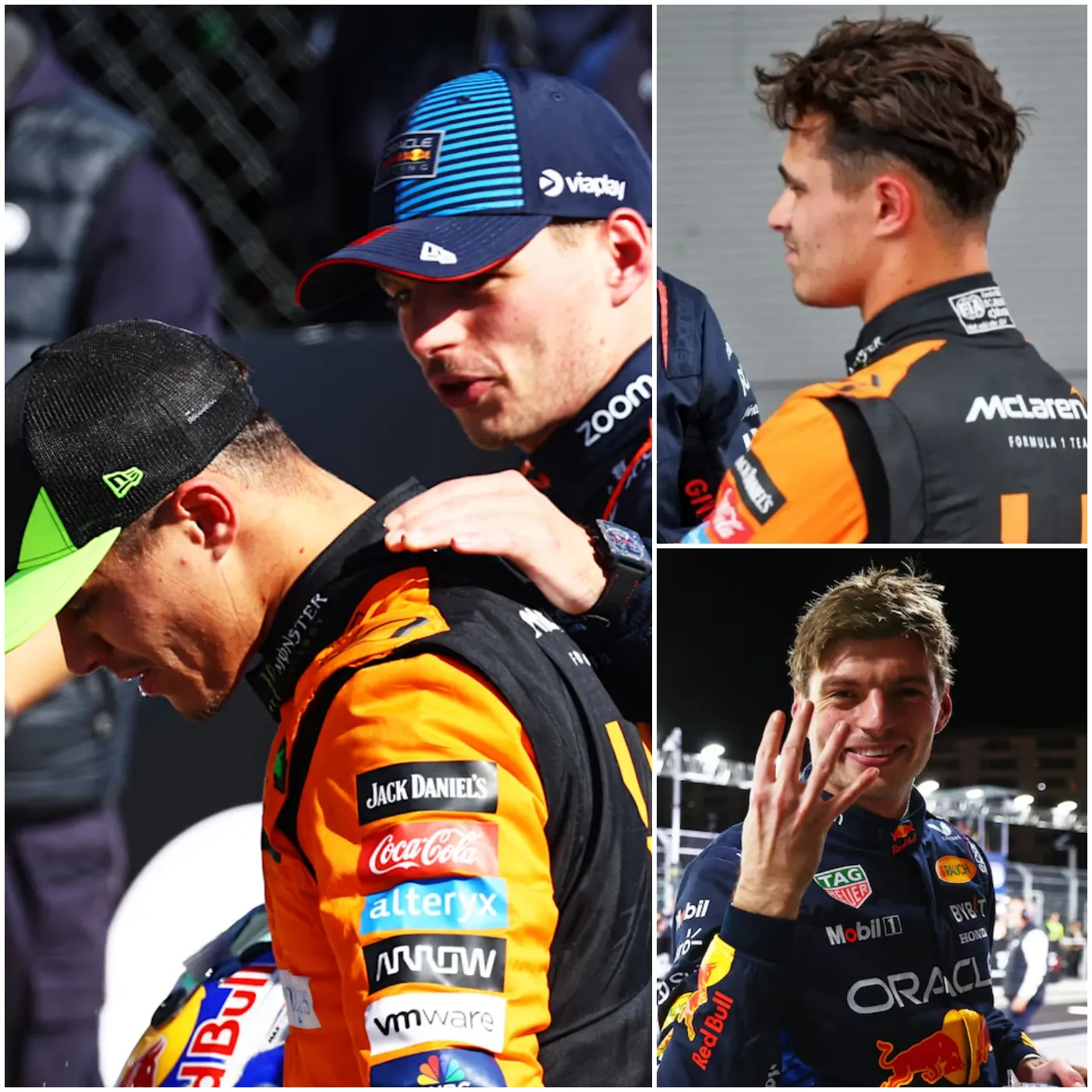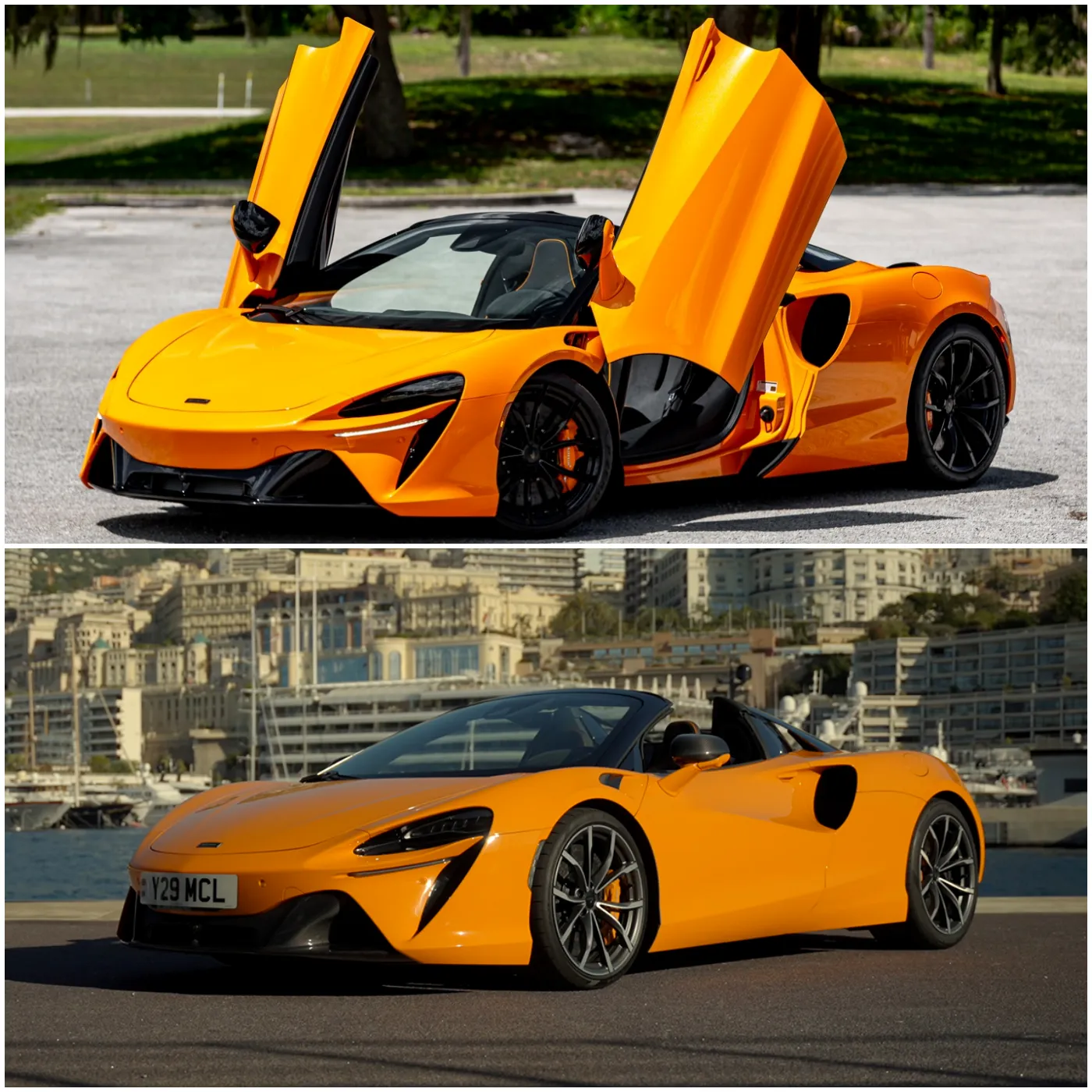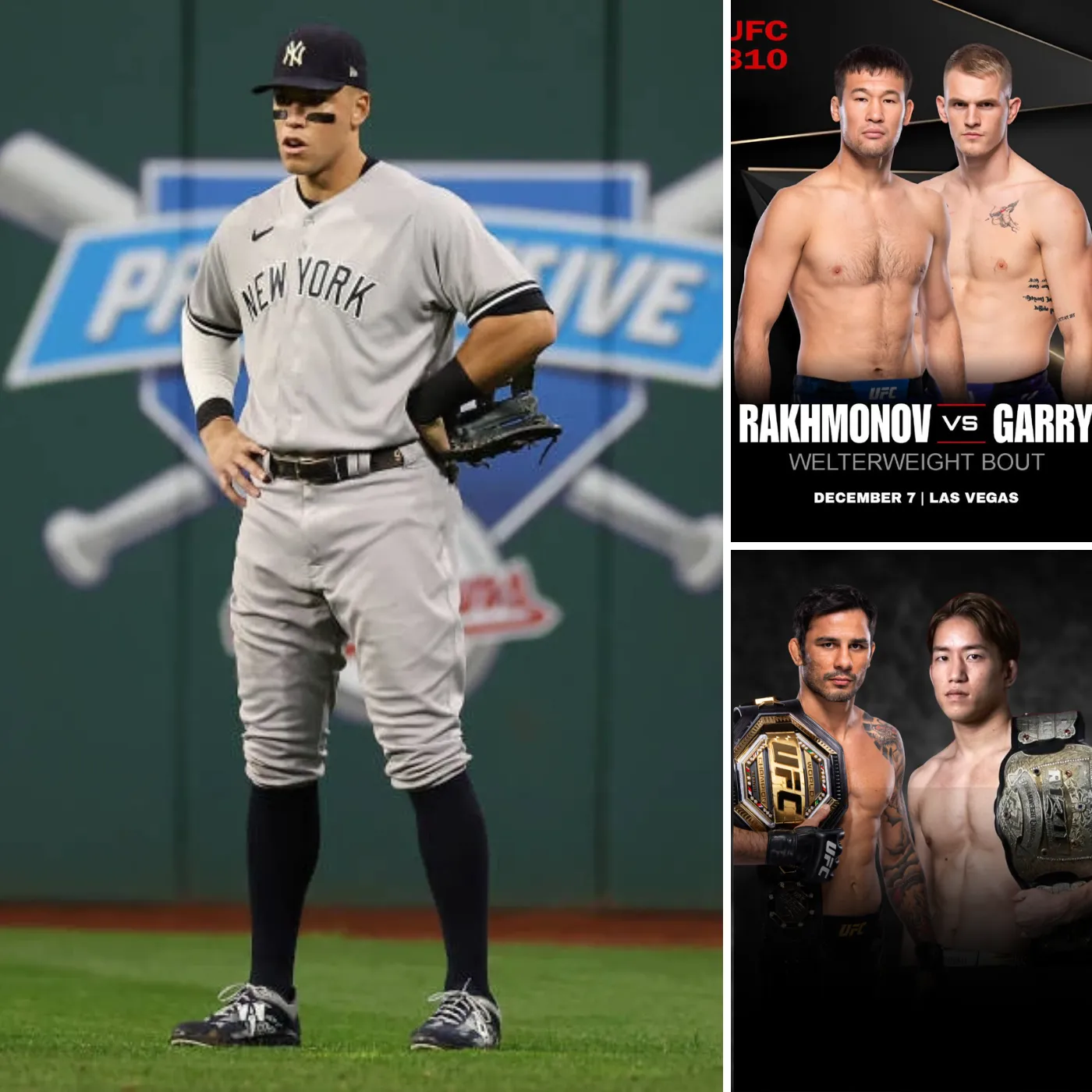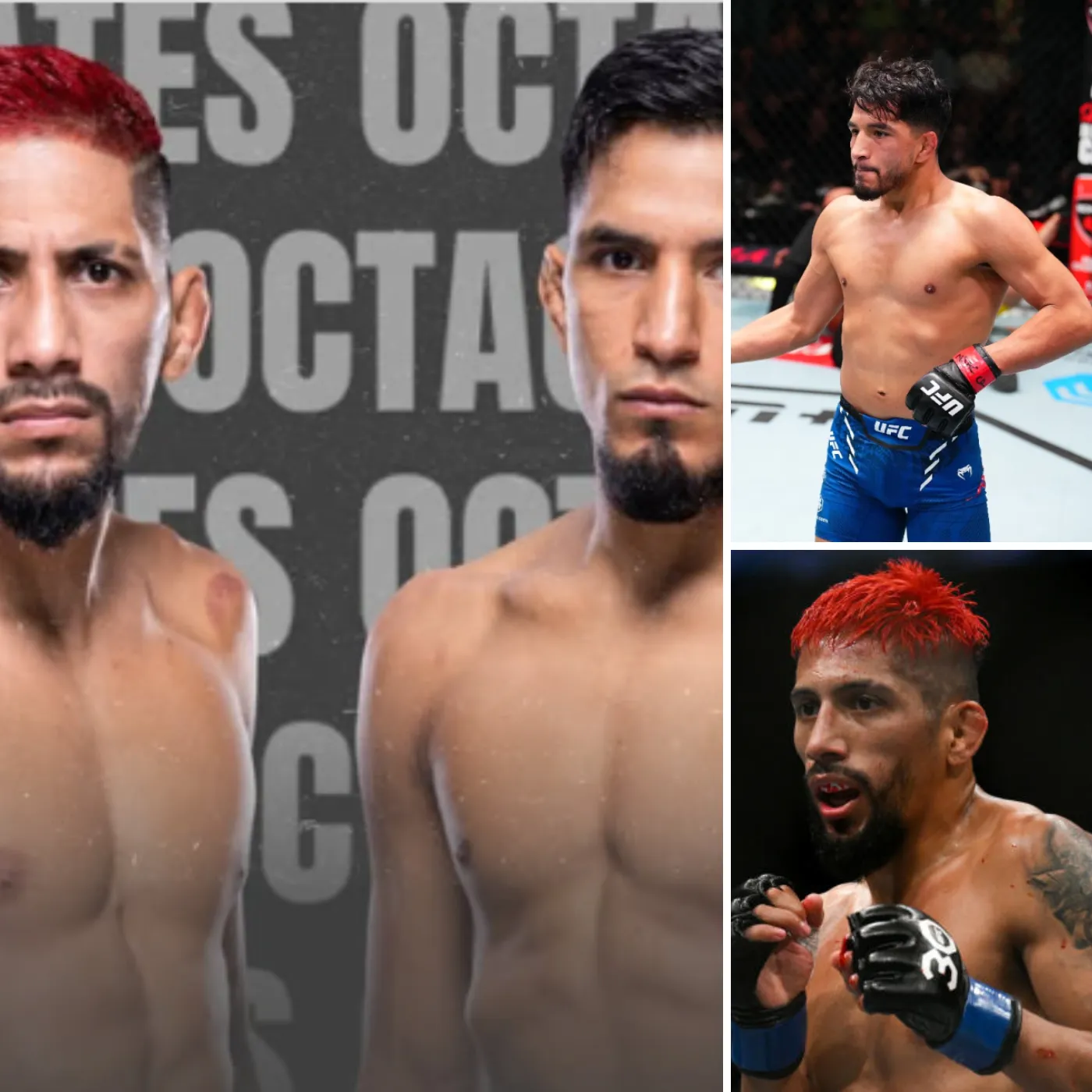Does Deontay Wilder Deserve His ‘Bronze Bomber’ Nickname, or Is It Just Hype?
Deontay Wilder—the American heavyweight boxer known for his explosive knockout power—has earned the moniker of “Bronze Bomber” due to his signature ability to end fights with a single punch. With a 42-2-1 record and 41 knockouts, Wilder has cemented himself as one of the most feared punchers in heavyweight boxing. But the question arises: Does […]
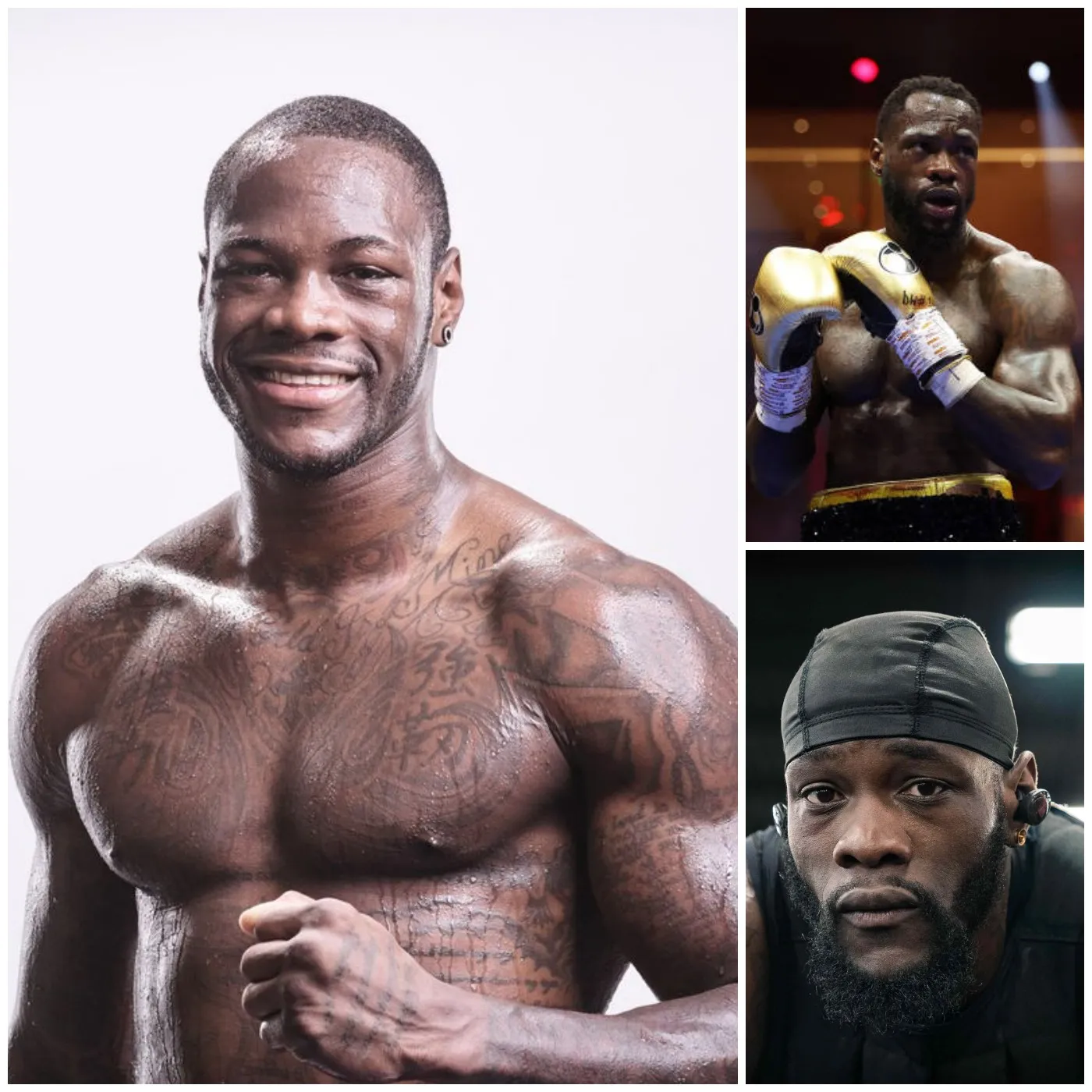
Deontay Wilder—the American heavyweight boxer known for his explosive knockout power—has earned the moniker of “Bronze Bomber” due to his signature ability to end fights with a single punch. With a 42-2-1 record and 41 knockouts, Wilder has cemented himself as one of the most feared punchers in heavyweight boxing. But the question arises: Does his knockout power alone justify the “Bronze Bomber” nickname, or does it overshadow the criticisms of his technical boxing skills? Fans and experts have been debating whether power is enough to define a champion or if Wilder’s limitations as a fighter are too significant to sustain his success at the top.
The Origins of the ‘Bronze Bomber’ Nickname
Deontay Wilder’s nickname, “Bronze Bomber,” is a nod to both his knockout abilities and his history in amateur boxing. Wilder famously earned a bronze medal in the heavyweight boxing category at the 2008 Olympics in Beijing, marking the beginning of his journey toward professional glory. However, while his Olympic success was commendable, it is his fearsome punching power that truly defines his persona in the boxing world.

Wilder’s knockout ratio is nothing short of impressive—his 41 knockouts out of 46 professional bouts (as of December 2024) demonstrate a power that’s difficult to match in modern boxing. This one-punch knockout capability has made him a fan favorite, and the nickname “Bronze Bomber” reflects both his explosive power and the legacy he’s building as a knockout artist.
Wilder’s Right Hand: A Knockout Weapon Like No Other
Wilder’s trademark punch is his right hand, which has ended many of his bouts in spectacular fashion. The sheer force of his knockout blows has led to numerous highlight-reel finishes. Whether it’s a short hook, an overhand, or a perfectly timed right cross, Wilder has demonstrated that he can put his opponents to sleep with a single strike. His right hand is feared across the boxing world, and this power is often considered his greatest strength.
There is no question that Wilder’s punching power is his most dangerous asset. His knockout of Luis Ortiz, for example, remains one of the most brutal moments in heavyweight boxing in recent years. The ability to recover from difficult situations, as seen in his fight with Tyson Fury in their first encounter, showcases that Wilder’s resolve and right hand can turn a fight around even when it seems like he’s losing.
The Criticisms of Wilder’s Technical Skills
While Deontay Wilder’s knockout power is undeniable, it’s not without its critics. Many analysts have pointed out his lack of technical finesse in the ring. Unlike fighters like Tyson Fury, Anthony Joshua, or Vladimir Klitschko, Wilder’s style is often considered raw and unrefined. He relies heavily on his athleticism and natural power, but his technique leaves much to be desired.
Wilder has often been criticized for his wide, looping punches that lack the precision and timing seen in other top boxers. His footwork, too, has been described as awkward and inconsistent. Unlike more technically sound boxers who employ jabs, feints, and combination punches to break down their opponents, Wilder’s strategy is simple: land the right hand.
This reliance on a single punch and unorthodox approach has led some to question whether Wilder could sustain success in the long term. After all, knockout power can only take you so far. As seen in his losses to Tyson Fury, Wilder’s technical deficiencies became glaring once Fury began to neutralize his power with superior boxing skills and movement.
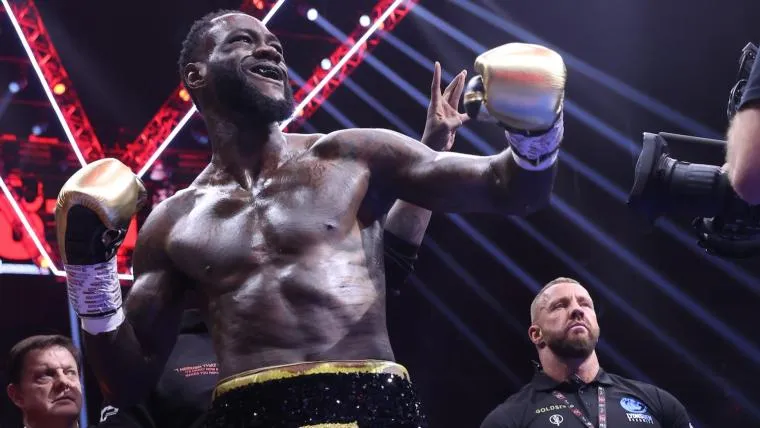
Does power alone define greatness?
In boxing, knockout power has always been an essential attribute. However, history has shown that power alone isn’t enough to guarantee sustained greatness at the highest levels of competition. While Wilder has certainly had his moments of brilliance, there are arguments that his lack of versatility and technical boxing skills might ultimately limit his legacy.
Wilder’s first fight against Tyson Fury is a prime example. Despite being knocked down twice, Fury’s superior boxing skills allowed him to control the fight and avoid Wilder’s bombs. Fury’s movement, jab, and ability to dictate the pace of the fight frustrated Wilder, making it clear that his opponent was more than just a one-punch threat. Fury ultimately won the fight on points, and in the rematch, he dominated Wilder, forcing him into a stoppage loss.
Wilder’s other notable loss to Tyson Fury in their second fight highlighted a significant gap in technical ability. Fury outboxed him, taking away the opportunity for Wilder to land his signature right hand. While Wilder showed great heart and resilience, his inability to adjust his tactics and overcome Fury’s dominance left him with little chance of victory.
The Future of the ‘Bronze Bomber’ Nickname
Wilder’s nickname, “Bronze Bomber,” continues to resonate with fans, but the question remains: Is he more than just a knockout artist? His right hand has earned him a place among boxing’s elite, but to reach the next level and cement his legacy, Wilder will need to evolve beyond his current one-dimensional approach.
Can he prove his critics wrong and adapt his style to become a more complete boxer, or will his reliance on raw power continue to be his defining characteristic? Regardless of the answer, Wilder’s place in boxing history is secure—whether he’s remembered as the Bronze Bomber who knocked out the competition or the fighter who couldn’t overcome his limitations remains to be seen.
Ultimately, Wilder’s legacy will be defined not just by his explosive right hand but by how he adapts to the changing landscape of heavyweight boxing. If he can develop his technical abilities and overcome the challenges posed by the best in the division, he might just secure his place as one of the all-time greats. Until then, his knockout power will remain the most captivating element of his fight game, making him a dangerous contender no matter who stands across from him in the ring.


